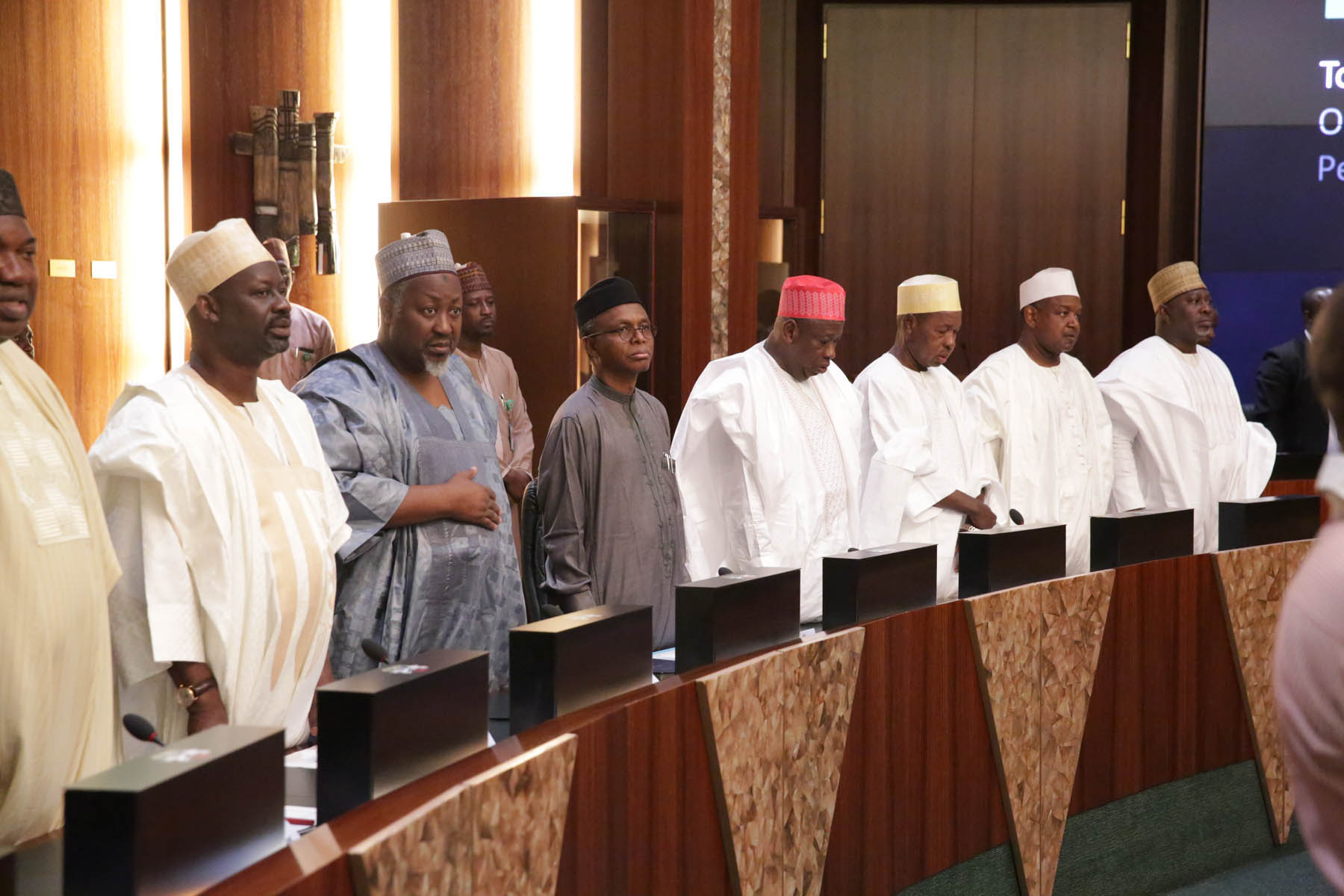The federal government has commenced plans to bail states out of economic crisis — for the second time since President Muhammadu Buhari took office in May 2015.
At least 27 states of the federation were unable to pay salaries at the time, prompting the federal government to grant bailouts to help states meet their financial obligations, especially with workers’ salaries.
However, the ministry of finance, in a statement, said the second bailout will be based on a few conditions that must be met by the states. It stated that to receive the bailouts, states must first fulfill the conditions in the fiscal sustainability plan (FSP).
Some of the conditions to be met by the states are publishing of audited financial statements and budgets, and inclusion of biometric and Bank Verification Number (BVN) payroll review to weed ghost workers while limiting recurrent expenditure.
Advertisement
The states are expected to establish efficiency units to reduce overhead costs, privatize state-owned enterprises, domesticate fiscal responsibility act, and limit further bank loans.
“We are determined to attain financial discipline across government and implementing the FSP at state level will ensure alignment,” Kemi Adeosun, minister of finance, said.
“The focus on increasing revenue, which is not limited to conventional taxes but rather encourages states to explore opportunities in areas such as agriculture and solid minerals, is in line with our diversification objectives.
Advertisement
“The targets for cost management and improved efficiency will deliver value for money and will yield long term savings.
“Overall, we believe that the survival of state governments is essential to the economic recovery of Nigeria, specifically their ability to meet salary obligations.”
Add a comment






